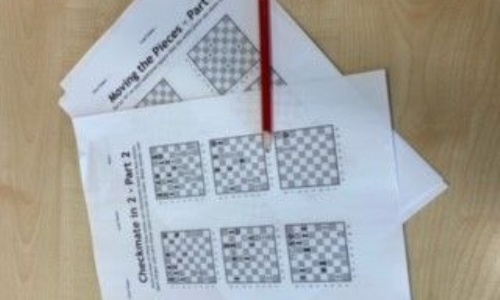Playing Chess Boosts Cognitive Skills

Many people tend to think of chess as a “brainy” activity that only the smartest folks play. But what if it’s the other way around? Can learning to play chess make someone smarter by enhancing academic skills outside of the game?
Research has made a chess and math connection that specifically suggests that learning to play may support the thinking skills necessary to master mathematics concepts.
Simply put, cognitive skills encompass the many ways in which we use our brains to think, remember, reason, read, and learn. Children begin building cognitive skills as soon as they are born, and they continue to build a foundation for all future learning early in life. The sharper our cognitive skills, the more we can critically analyse anything in our personal, educational, and professional lives.
For math, learners must build healthy cognitive skills to have the ability to solve complex problems, and to understand the processes they must take to do so, they must remember sequences, operations, and formulas, in addition to possessing the logical thinking skills needed to solve word problems and in real-life math scenarios.
So learning to play chess can help learners acquire the cognitive skills needed to build strong math skills. In fact, the cognitive skills that chess helps to form can transfer to math learning as well as in other subjects across the curriculum!


